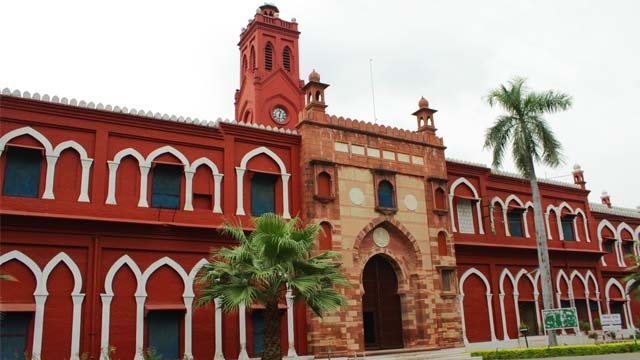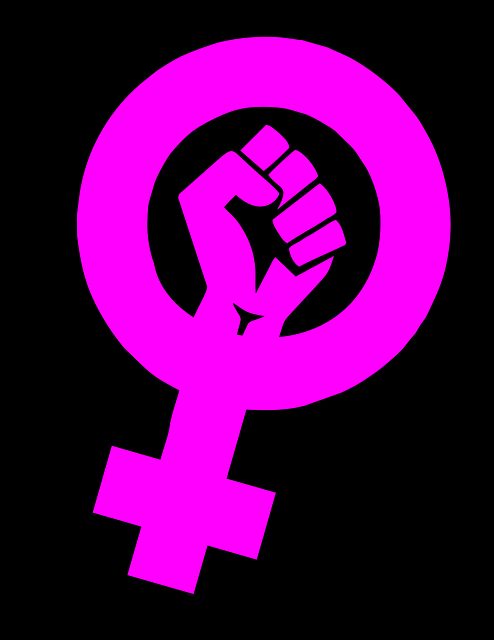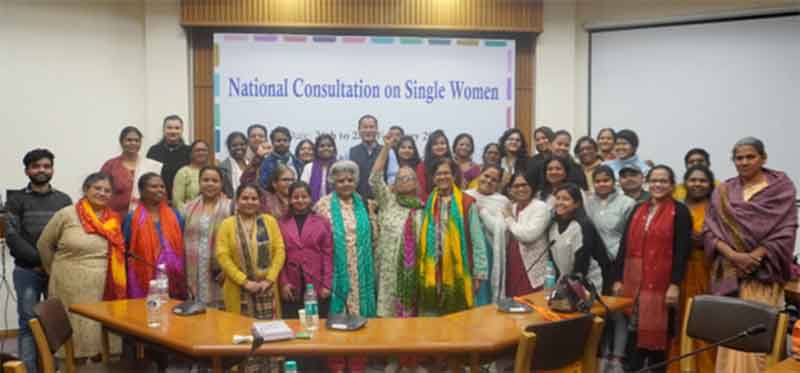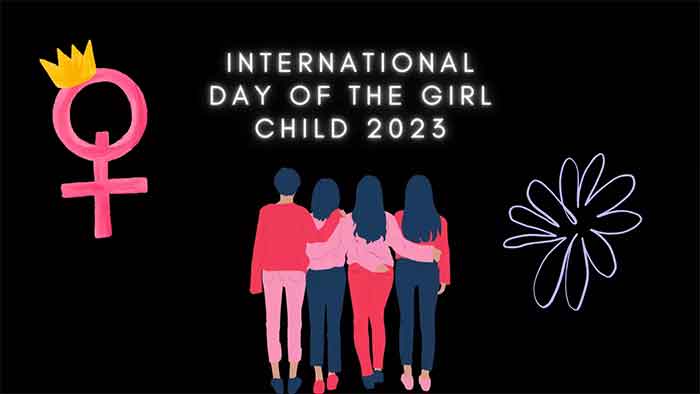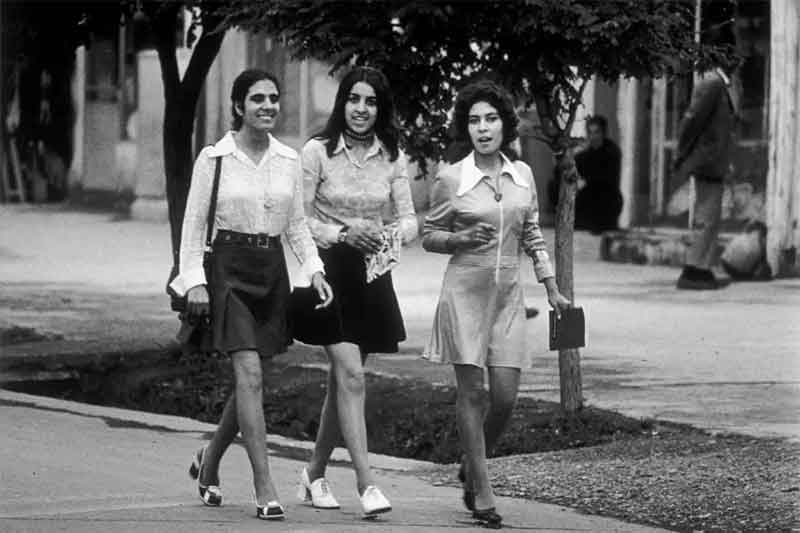
Gender justice and equality are very important for humanity’s progress. This is now widely recognized and rightly so. However what needs to be questioned are the claims of the west that it has a leadership role in this regard and hence its model in this context must be widely spread.
The intervention of USA and close allies in Afghanistan has been frequently associated with taking gender justice there. What is forgotten is that during the short-lived communist rule in this country gender equality and opportunities for women for wider social role were very high in the region around Kabul and when the USA intervened, it mobilized fundamentalist militants who were most opposed to gender justice to end the communist rule along with its gender equality.
At the same time it should be mentioned that the kind of gender equality that the Soviet Union supported communists tried to establish in the region under their control too was a foreign implant and so could not establish roots here.
Briefly what one can say is that the entire process of gradually evolving gender equality and justice in keeping with local culture (which had the best chances of taking roots in Afghanistan) was very rudely disrupted here by the advent of super-power rivalry, just as the entire process of socio-economic progress was rudely disrupted.
Iran is another country where the west tries to appear as a champion of gender justice. However the entire process of socio-economic progress including the evolving of gender justice in keeping with local conditions here too was disrupted by the USA and Britain when they planned the coup for the removal of the democratically elected leader Mohammad Mosaddegh. This was replaced by the US-supported Shah regime known best for torturing its opponents and whose malfunctioning ultimately led to the people welcoming the conservative regime which has not been good news for gender equality.
In Iraq, Libya and several countries of US/western intervention and regime change, the condition of women deteriorated rapidly after western intervention. In most cases women are most important members of families and when families suffer so much in such armed interventions and attacks, of course women’s increasing sufferings are closely linked to this.
Moreover in normal times or peace times also it is highly questionable whether the imposition of western model of gender justice and equality is helpful. Of course some western and west-supported NGOs have done wonderful work in this context (and this writer has also reported on this from several villages), but a closer examination would reveal that this succeeds best when local implementing activists have the wisdom, as they quite often do, to relate and modify their programs in keeping with local cultures and societies. In particular it is important to remember that local cultures and families too have their strengths, and interventions need to protect these strengths, not uproot them.
In addition there is the serious question of the extent to which gender justice and equality really exist within western countries. There are serious indications of very high levels of distress among women and girls which deserve wider attention. According to the Youth Risk Behavior Survey 2011-21 of the Centers for Disease Control and Prevention, USA, in the USA in 2021 57% of female high students had persistent feelings of sadness and hopelessness, as many as 30% seriously considered attempting suicide, 24% made a suicide plan, 13% actually attempted suicide and 18% experienced sexual violence. In all these respects their condition was more distressing than that of male high school students.
In USA women comprise 56% of those living in poverty, and their wages are lower than men. About half the women are single women and the Centre for American Progress says that they face the greatest risks and economic insecurity. Nearly 40% of the children are born to unmarried women in the USA, but the socio-economic problems of these women are often very serious. According to statistics compiled by the National Coalition Against Domestic Violence, 10 to 12 million persons, mostly women, are physically abused by an intimate partner in a year, or nearly 20 per minute. 19% of domestic violence involves a weapon. 1 in 7 women in the USA have been injured by an intimate partner. 1 in 5 have been raped. Date rape affects 35% of women in the age group 18-24, according to data compiled by the Rape, Abuse and Incest National Network (RAINN).
Hardly anyone would accept this as a model of gender justice to be spread widely in the world, yet there has been widespread arrogance in propagating the western way of life to be the most superior in terms of gender justice, and this in turn has led to the neglect of several strengths of non-western societies, which I often notice in my visits to remote villages. The strengths of life-patterns I see may not be captured in formal indexes of gender equality, but these are nevertheless significant. At the same time, I’ll be the first to admit that a lot, really a lot remains to be done in the context of gender justice in non-western societies, but this will be achieved best by gender justice in tune with local cultures, while western implants will not achieve real success or sustainability, while also bringing in several avoidable problems.
Bharat Dogra is Honorary Convener, Campaign to Save Earth Now. His recent books include Protecting Earth for Children, Planet in Peril, A Day in 2071 and When the Two Streams Met.


